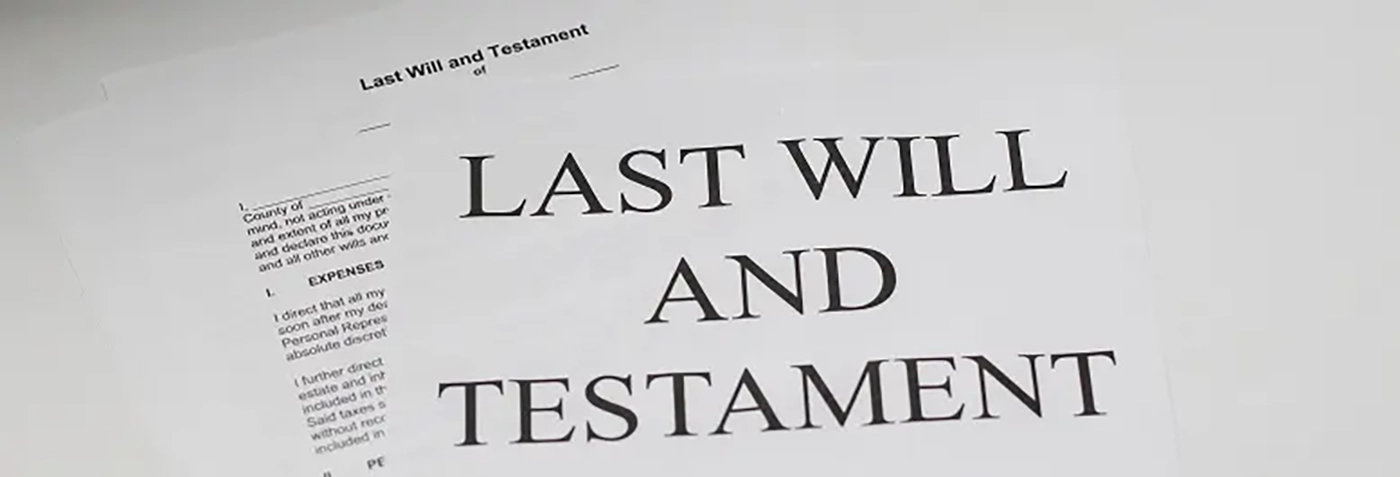Category: Wills
-

Don’t Be the Intestate Homeowner: Write Your Will
No homeowner should die intestate. In plain English: Every homeowner needs a will. By now, everyone knows life is fragile. Nobody has forever and a day to put an estate plan down in writing. And if you do leave things hanging, and you do pass away without a will, or without some combination of a…
-

What Happens When Wills and Deeds Conflict?
When a person passes away, the death certificate and last will are submitted to the county probate court. A person representative begins the process of passing assets along as the will directs — except when other valid legal instruments have priority. One of those instruments is the all-important real estate deed. Houses can be left…
-
If You Inherit a House, Act. A Cautionary Tale About Putting Off Probate
Five years ago in Texas, John died, willing his house to a nephew, A.W. Today, A.W. wants to get ready to sell the house, and pay off some debt. Here’s the rub. The will never went through probate, and a different relative of John’s has been living in the home all this time. Who gets…


